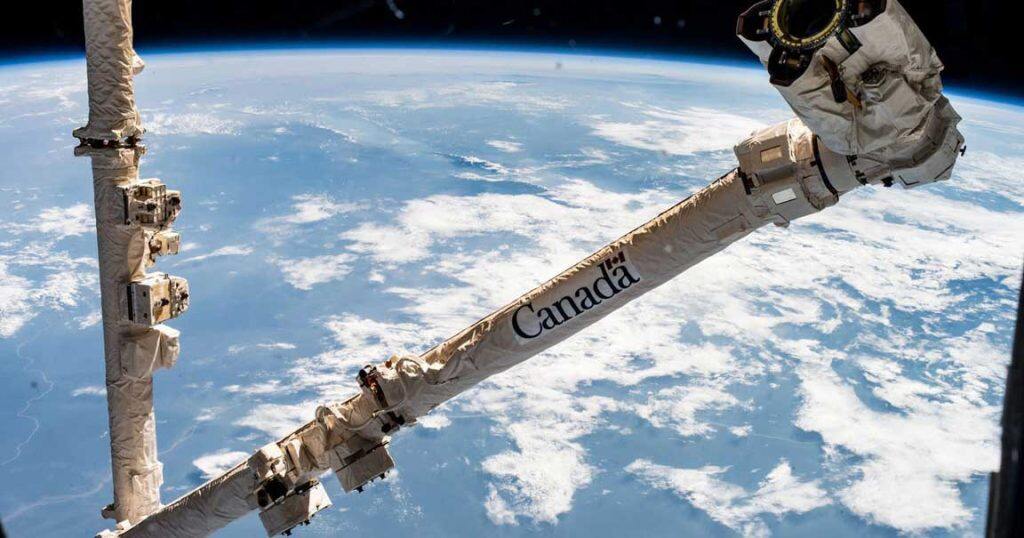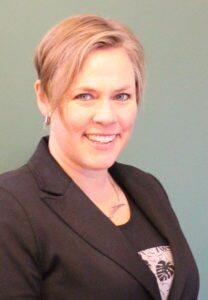When former Minister of Innovation, Science and Industry Navdeep Bains launched the new Canadian space strategy in 2019, a core recommendation was designating space as a national asset for Canada.


Considering Canada is the second largest country, boasts one of the greatest renewable supplies of freshwater in the world and is home to nearly a tenth of the world’s forests, naming space as a national asset may seem illogical, or even fanciful like some mythical sasquatch or ookpik.
Not so, says Sarah Gallagher, director of Western’s Institute for Earth and Space Exploration (Western Space), who previously served as advisor to the executive of the Canadian Space Agency (CSA) on issues related to science, science policy, and capacity development in the space sector.


“Canada is well positioned – geographically and politically – to play an important role in the coming years as humanity once again sends people to the Moon and continues to explore the cosmos,” said Gallagher. “Closer to home, the North is warming faster than the rest of the planet and using satellites to observe the land and coasts to monitor and understand the impacts of climate change is an obvious solution.”
Like Canada, Western Space (with its diverse membership of scientists, social scientists, engineers, doctors, philosophers, lawyers, and entrepreneurs from across campus) has expertise that can contribute to the exploration of space as the country taps it as a tool and has the opportunity to benefit from its full potential.
An important first step is hosting a pan-Canadian conference this week. Space as a National Asset for Canada (SNAC) 2022, which runs Monday, Oct. 31 to Wednesday, Nov. 2, brings together the space community from universities, industry and government to showcase the value of space technologies for Earth applications and discuss, holistically, Canadian ambitions for space.
CSA president Lisa Campbell delivered the opening lecture while CSA senior mission scientist (planetary exploration) Tim Haltigin, CSA astronaut Jeremy R. Hansen and MDA senior director of defence strategy Kevin Whale will present plenary talks.
“The overarching theme for this conference is to explore what space as a national asset means and delve into the many ways in which space interacts with Canada and Canadians, scientifically and societally,” said Gallagher, an extragalactic astronomer with an expertise in black holes.
“We also want to focus our insights and expertise on how we can maximize the uses of space satellites and space-related research to address some of the grand challenges facing us,” she added.
Panel discussions will target topics like exploration science and technologies, Earth observations for climate change and food security, policy and law, space resources and space debris.
“We will be discussing everything from security and sovereignty to technologies that can improve healthcare in remote communities,” said Gallagher. “Research related to space exploration can lead to fantastic discoveries and innovations, and we need to find ways to better leverage those outputs, learn from them, and share what we learn with academics, governments and private industry to everyone’s benefit.”





































